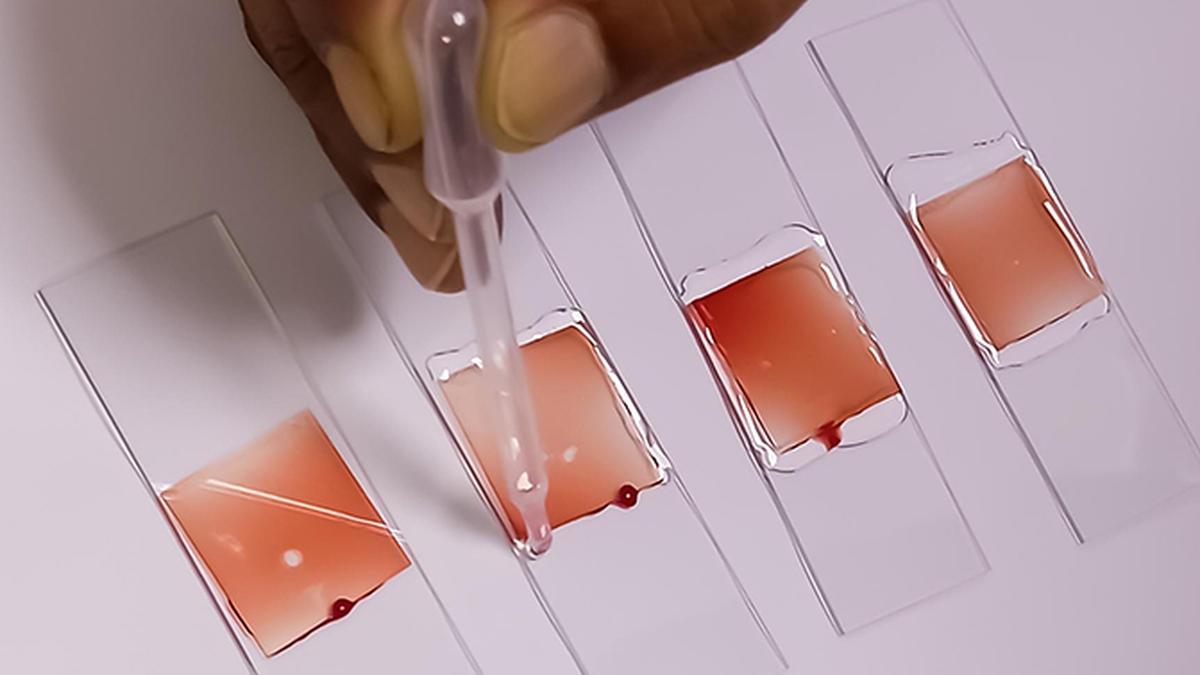What is AnemiaPhone?
In recent developments, Cornell University researchers have transferred AnemiaPhone technology to the Indian Council of Medical Research (ICMR). This innovative tool offers a rapid, accurate, and cost-effective screening method for iron deficiency, a leading cause of anaemia. Anaemily affects pregnant women in India, with prevalence rates reaching 50%-70%. AnemiaPhone promises to enhance screening efforts within India’s Anaemia Mukt Bharat programme, which aims to combat anaemia among vulnerable populations.
What is AnemiaPhone?
AnemiaPhone is a portable testing device that assesses iron deficiency. It operates using a simple test strip, requiring just a drop of blood and a few minutes for analysis. The results are uploaded to a clinical database via mobile devices. This technology allows healthcare workers to provide immediate guidance and interventions.
The Need for AnemiaPhone
Anaemia affects millions, particularly women and children. In India, the prevalence of anaemia among women aged 15-49 is 57%, while 67.1% of children aged 6-59 months are affected. Traditional laboratory tests are often inaccessible due to high costs and logistical challenges. AnemiaPhone aims to decentralise healthcare by enabling testing at home or local clinics.
Development and Transfer of Technology
Cornell University developed AnemiaPhone in collaboration with experts in precision nutrition and health. The technology underwent rigorous testing in India, ensuring its accuracy and reliability. The formal transfer of this technology to ICMR occurred on November 7, 2024, at no cost, denoting a commitment to improving public health.
Integration into Anaemia Mukt Bharat Programme
The Anaemia Mukt Bharat (AMB) initiative launched in 2018 aims to reduce anaemia among key demographics. The programme employs a 6X6X6 strategy, focusing on six target groups, interventions, and institutional mechanisms. AnemiaPhone will enhance the programme’s efficacy by providing accessible testing solutions.
Interventions Under Anaemia Mukt Bharat
AMB includes several interventions such as: – Prophylactic iron and folic acid supplementation. – Behaviour Change Communication campaigns to promote dietary diversity and iron-rich foods. – Testing and treatment using digital methods, especially for pregnant women and adolescents. – Addressing non-nutritional causes of anaemia, like malaria and hemoglobinopathies. – Management of severe anaemia through IV iron administration and blood transfusions.
Challenges and Future Directions
Despite the progress, challenges remain, including the impact of the COVID-19 pandemic on programme implementation. The government continues to strengthen partnerships and enhance capacity-building initiatives for healthcare providers. The focus remains on improving anaemia management across all states and union territories.
- AnemiaPhone is a portable device for iron deficiency testing.
- The AMB strategy targets six vulnerable age groups.
- 57% of Indian women aged 15-49 are anaemic.
- 67.1% of children aged 6-59 months suffer from anaemia.
- COVID-19 has hampered anaemia programme implementation.
Future of Anaemia Screening in India
The integration of AnemiaPhone into national health initiatives represents advancement in anaemia screening. By decentralising access to testing, India can enhance its healthcare delivery, particularly in underserved areas. This technology has the potential to transform the landscape of anaemia management and improve health outcomes for millions.
Month: Current Affairs - January, 2025
Category: Government Schemes Current Affairs








